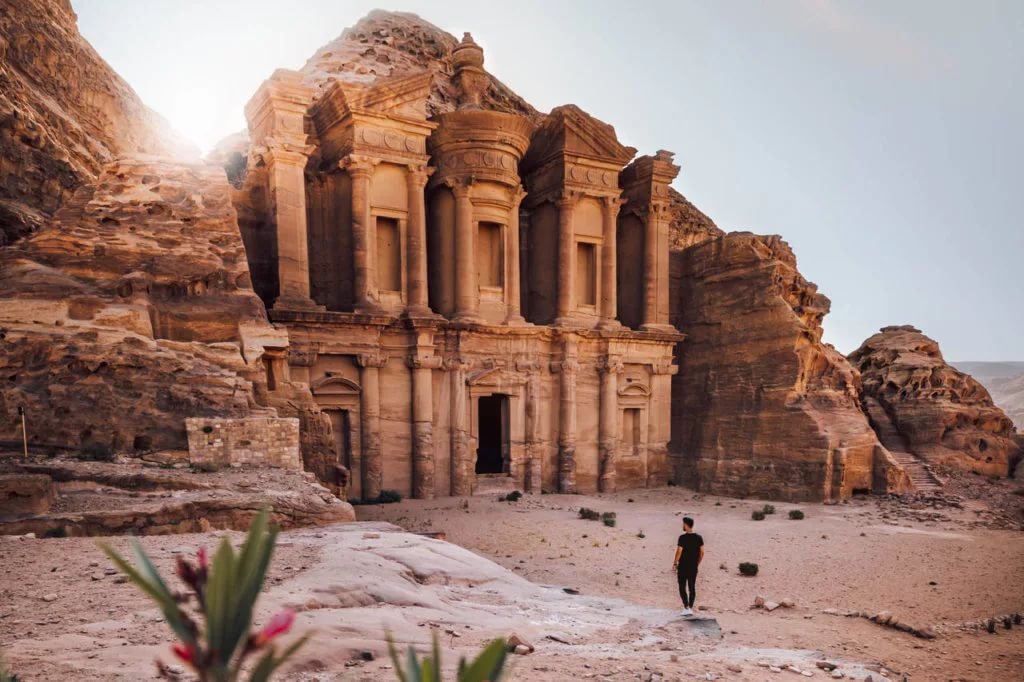JORDAN

JORDAN
Jordan (the Hashemite Kingdom of Jordan) is an Arab state in the Middle East with an area of 92 thousand square meters. km. The capital is Amman. The form of government is a dualistic monarchy: legislative power is exercised by the king and a bicameral parliament; the executive is concentrated in the hands of the king and his council of ministers.
The state takes part in the work of such international organizations as: the UN, the IMF, the WTO, the League of Arab States, etc. The official language is Arabic, in business, government and among educated people, English is also widely spoken. The state religion is Islam.
Population
The population of Jordan is 10.5 million people, the majority are Arabs – Jordanians and Palestinians. Over the past 60 years, the country’s population has more than tripled due to high natural growth and due to the resettlement of refugees from neighboring countries. At the same time, the country’s economy employs about 1.5 million people, and about 2 million labor migrants work abroad.
Economy
Jordan is poor in minerals, with the exception of phosphorus and potassium, which are the main exports. The country is one of the most waterless in the world and imports over 95% of its energy resources. The basis of GDP is the service sector (tourism, banking / financial and information technology). In the industrial sector, the most developed are the textile and chemical industries. Due to the climate, it is almost impossible to develop agriculture.
The country’s economy is dependent on foreign trade and foreign aid. Economic problems include low living standards, unemployment, inflation, budget deficits and external debt. The country imports oil, equipment, consumer goods, food.
Transport
Jordan has an extensive network of hard surface roads with a length of more than 7.5 thousand km. International air transportation is carried out by two state-owned airlines. The length of the railways is about 600 km, but there is practically no regular passenger service.
Interesting
The climate in Jordan is dry and warm, although frosts and snowfalls are possible in the mountains. There is very little precipitation. About 90% of the kingdom’s territory is occupied by deserts and semi-deserts with unique landscapes of plateaus and gorges, where you can find rock inscriptions from the Paleolithic period. Many places in the kingdom are associated with the history of Christianity and attract pilgrims. The national heritage is preserved in three small museums in the capital. The extreme south-west of the country is washed by the Red Sea, in the west the border runs along the Dead Sea. Jordan ranks fifth in the world for the development of medical tourism.
The monetary unit of Jordan is the Jordanian dinar.
GMT: +3 hours (summer), + 2 (winter).


